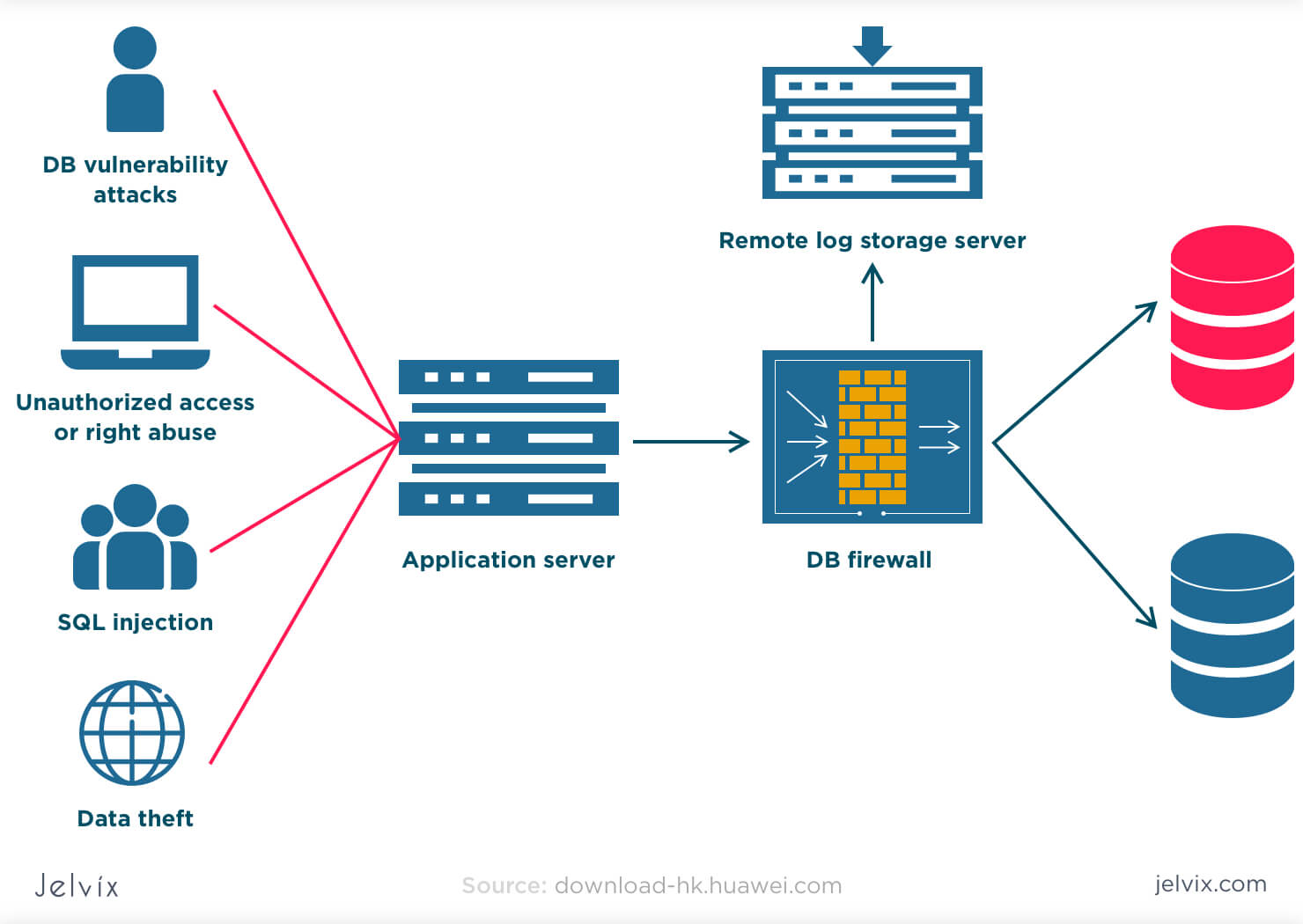As we enter the era of science and technology, the importance of database management cannot be overstated. Databases form the backbone of modern businesses, helping organizations store, organize, and analyze large volumes of data. In this blog post, we will explore the potential of database management and how businesses can leverage it to stay competitive in the digital age.
Understanding Database Management
Database management involves the collection, storage, and retrieval of structured data for efficient business use. Databases can be simple or complex, ranging from basic spreadsheet applications to large-scale data centers. In today’s digital age, the rise of cloud computing technology and advanced data management tools has made it easier than ever to manage and use data.
The Importance of Effective Database Management
Effective database management is critical for businesses of all sizes. Efficient data storage and retrieval help organizations increase productivity, streamline operations, and make data-driven decisions. In addition, advanced tools like data analytics and machine learning can help businesses extract valuable insights from their data, providing them with a competitive edge.
The Potential of Database Management in Science and Technology
The potential of database management in science and technology is enormous. Scientific research generates vast amounts of data, and proper management of this data is critical for progress in fields like medicine, agriculture, and environmental science.
In technology, database management is essential for everything from website development to software design. Data storage and retrieval are critical components of any technology stack, and effective management of that data can mean the difference between success and failure.
Unlocking the Potential of Database Management
To unlock the potential of database management, businesses must invest in the right tools and strategies. Here are some tips for optimizing database management:
1. Choose the right database management system (DBMS): The choice of DBMS depends on the specific business needs, budget, and technical expertise. Some common database management systems include MySQL, Oracle, and Microsoft SQL Server.
2. Prioritize data security: Data breaches can be costly and damaging to a business’s reputation. Investing in robust security measures, such as encryption and access controls, can help prevent data loss and theft.
3. Implement advanced analytics tools: Advanced analytics tools can help businesses gain deep insights into their data and make informed decisions. Machine learning and artificial intelligence (AI) can automate decision-making processes, saving time and improving accuracy.
4. Utilize cloud computing: Cloud computing can provide businesses with scalable and cost-effective data storage solutions. Cloud-based databases can be accessed from anywhere, making them ideal for remote work environments.
In conclusion, database management is essential for businesses to make data-driven decisions and stay competitive in the digital age. By investing in the right tools and strategies, businesses can unlock the potential of database management and stay ahead in science and technology.











